In many parts of the world, the rise of radicalization and extremism is a pressing concern, often fueled by a lack of opportunities, misinterpretation of texts, education, and employment. In this context, Qawmi madrasas and orphanages play a significant role, as they often host vulnerable populations susceptible to radicalization due to their socio-economic circumstances. To counteract this trend and promote peace and stability, innovative strategies are needed. One such strategy is to introduce technical education activities in these institutions to reduce unemployment and prevent radicalization and militancy.
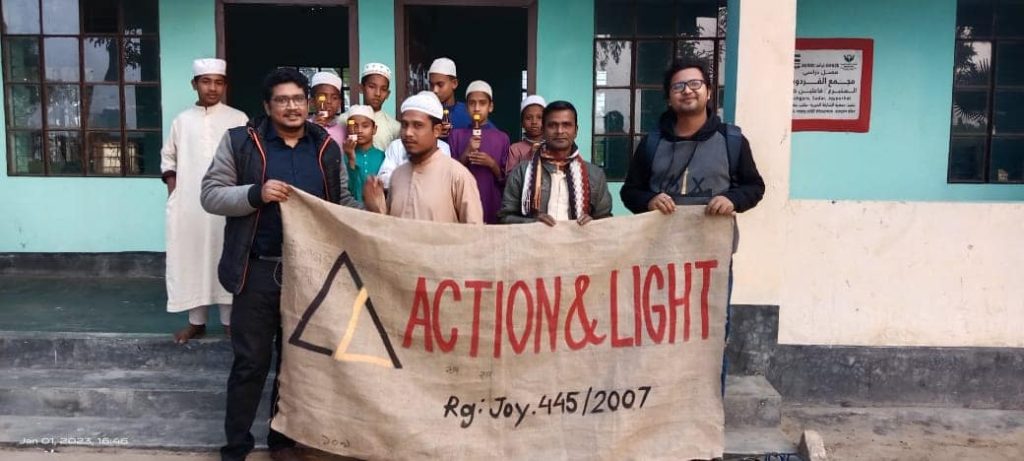
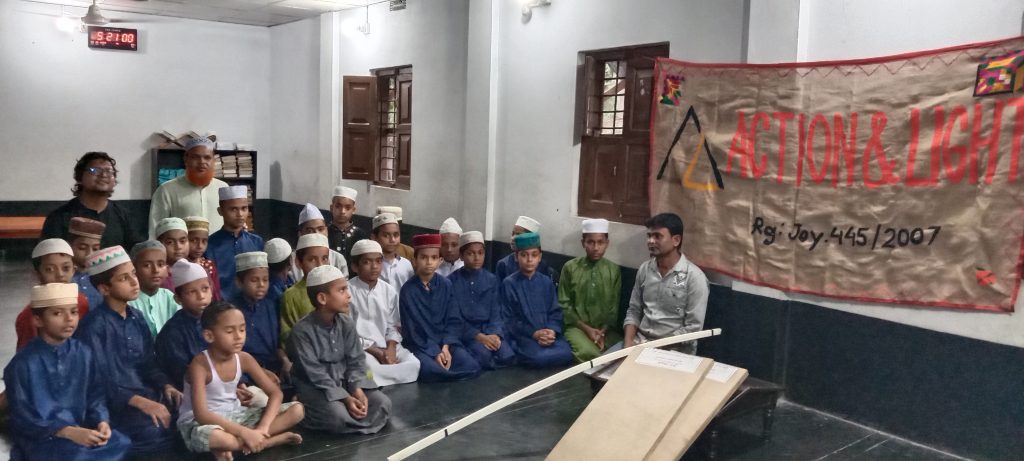
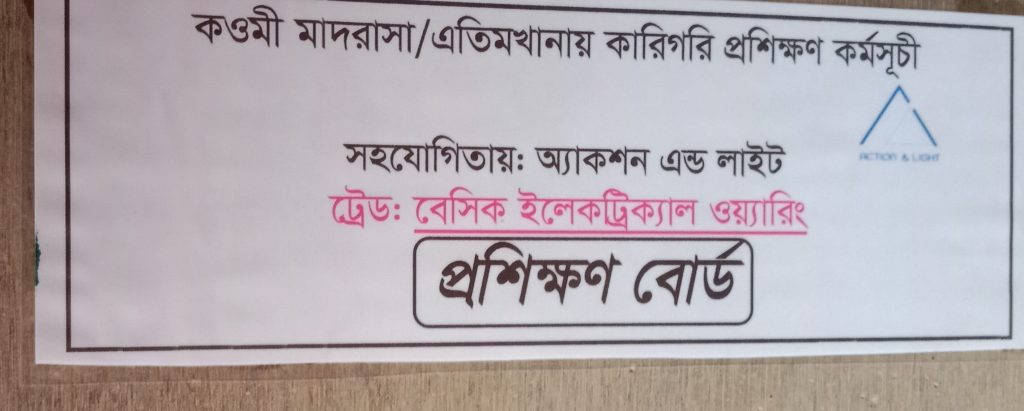
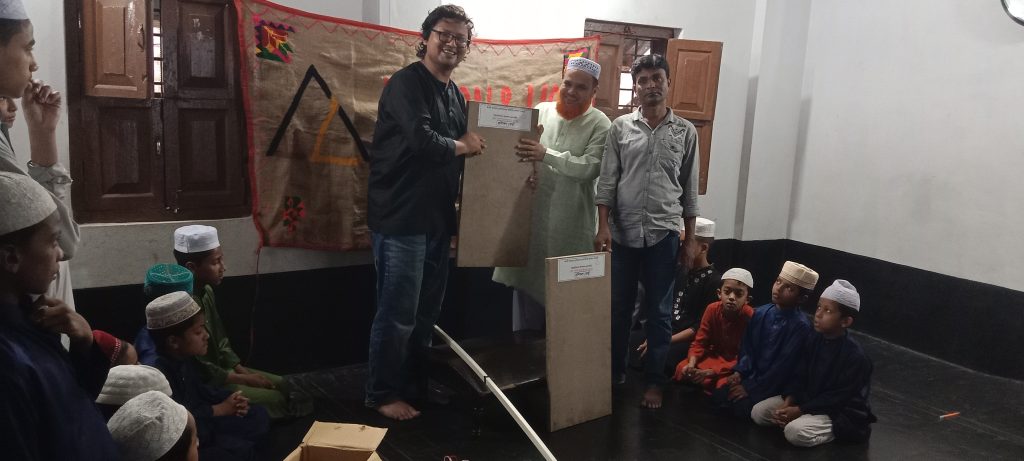
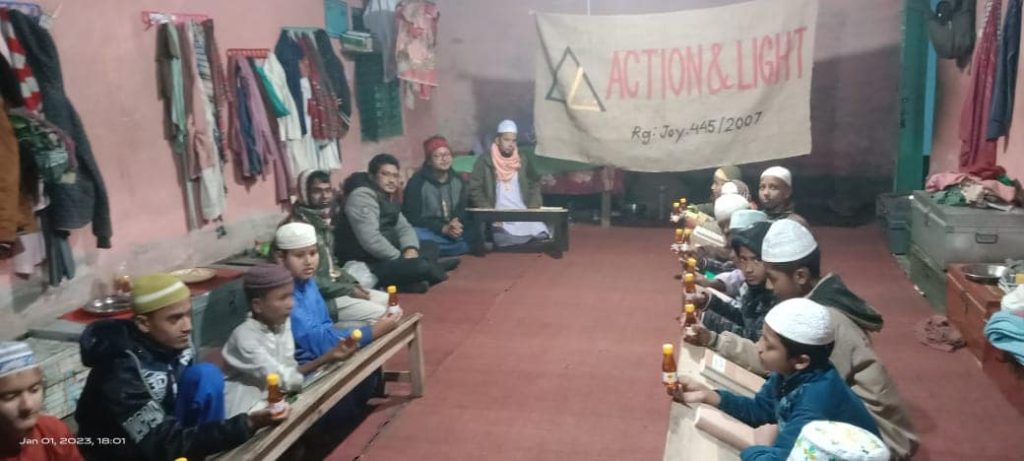
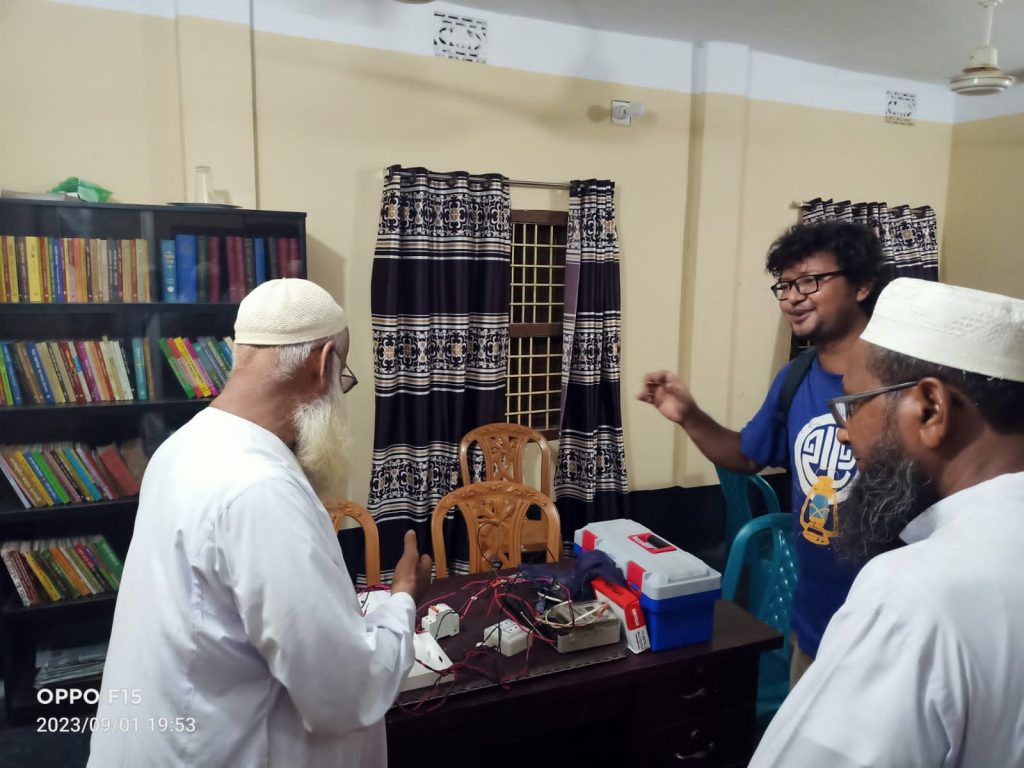
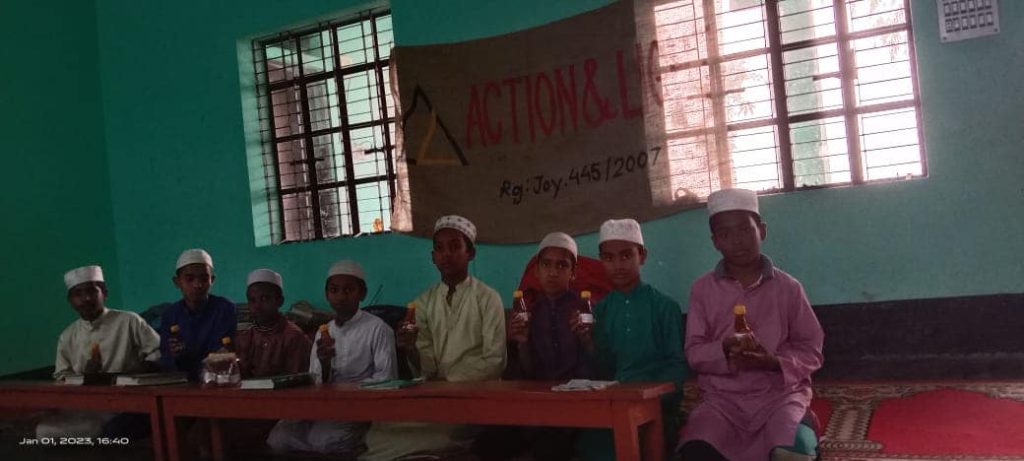
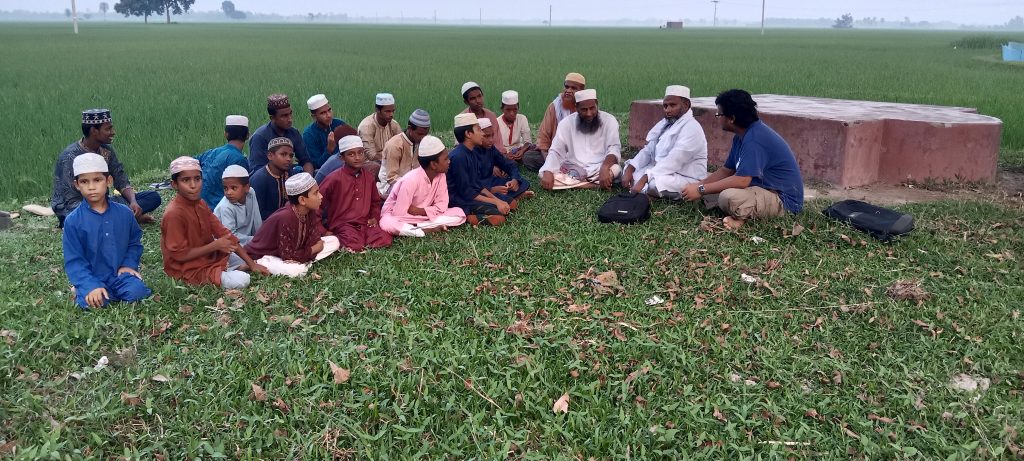
Understanding the Challenge
Qawmi madrasas are religious educational institutions, and orphanages provide shelter and care for children who have lost their parents. These establishments often face significant challenges:
Radicalization risk: Young minds in Qawmi madrasas may be influenced by extremist ideologies, as they are sometimes taught in isolation from mainstream education and skills development.
Unemployment: Graduates of Qawmi madrasas often struggle to find employment opportunities outside religious circles, leading to frustration and potential radicalization.
Vulnerable children: Orphanages provide a stable environment for children who have faced trauma, but without proper education and life skills, they may become at risk of radicalization or unemployment once they leave the facility.
To address these issues and promote conflict prevention, it is essential to introduce technical education activities within Qawmi madrasas and orphanages. Technical education offers several advantages
Skill development: Technical education equips students with practical skills that are in demand in the job market, reducing the risk of unemployment and radicalization.
Broader opportunities: Graduates of technical programs have access to a wider range of employment opportunities, which can enhance their social and economic well-being.
Integration: Introducing technical education within Qawmi madrasas helps bridge the gap between religious and mainstream education, fostering a sense of belonging within the wider community.
Implementation Strategies:
Curriculum Integration: Technical education programs should be integrated into the existing curriculum of Qawmi madrasas, ensuring that students receive both religious and practical education.
Vocational Training Centers: Establish vocational training centers in orphanages and madrasas, equipped with modern facilities and skilled instructors to provide training in various technical fields.
Industry Partnerships: Collaborate with local businesses and industries to provide job placement opportunities for students and offer practical training programs tailored to market needs.
Mentorship Programs: Implement mentorship programs that connect students with successful professionals in their chosen technical fields, providing guidance and inspiration.
Community Engagement: Encourage the active involvement of the community in supporting and promoting technical education as a means to prevent radicalization and improve the future prospects of these students.
Benefits and Outcomes:
By introducing technical education activities in Qawmi madrasas and orphanages, the following benefits and outcomes can be expected.
Reduced Radicalization: Students who receive a well-rounded education that includes practical skills are less likely to be drawn into radicalization.
Employment Opportunities: Graduates will have the skills and qualifications to secure gainful employment, reducing poverty and frustration.
Social Integration: Integrating technical education into these institutions fosters a sense of belonging and a stronger connection to the wider society.
Improved Quality of Life: Children in orphanages will have a better chance of leading successful, independent lives after their time in care.
Conclusion :
Preventing radicalization and promoting peace through technical education is an investment in the future of students in Qawmi madrasas and orphanages. By equipping them with the skills and knowledge to thrive in the modern world, we can reduce the risk of unemployment and radicalization, creating a more stable and harmonious society. These efforts demonstrate the power of education as a key tool in conflict prevention and the creation of a brighter future for these young individuals.